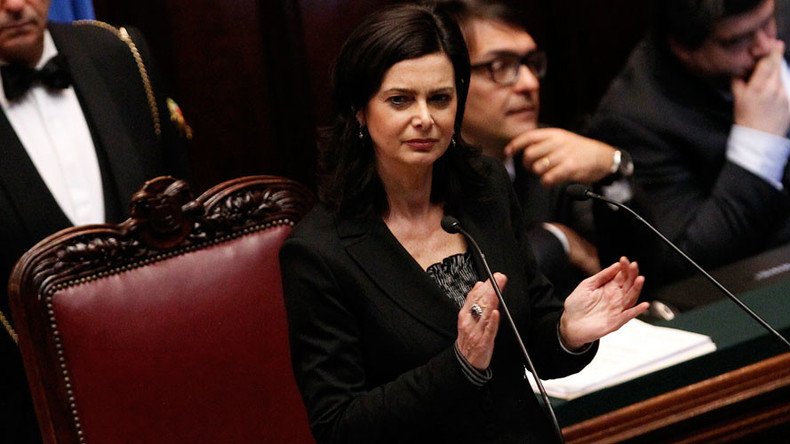‘Call me consigliera’: Sardinia drops ‘sexist’ vocabulary

Women in official positions will now be referred to by their correct gender titles, thanks to a new law passed on the Italian island of Sardinia banning ‘sexist’ language.
Women working for the regional council will be known as ‘consigliera’ rather than ‘consigliere’ (councilor), ‘prefetta’ instead of ‘prefetto’ (prefect), and all other correctly feminized titles in all official signs, documents and correspondence, Italian press reported on Wednesday. The Sardinian council has six months to adopt the new vocabulary and if someone does not like it, they will just have to get used to it, according to Anna Maria Busia, the consigliera responsible for the bill.
“Why is ‘avvocata’ (female lawyer) an ugly word but not ‘maestra’ (teacher) or ‘impiegata’ (employee)?” Busia said to La Nuova Sardegna newspaper. “The truth is that the feminine forms of professions only become discordant when you move up the professional scale.”
“The words we use are important; they define and evoke people and things. The right to be recognized by your own name is a constitutional right.”
The request is grammatically sound according to the Accademia della Crusca, Italy’s foremost linguistic authority, which recommends using the appropriate masculine and feminine titles when referring to an individual in office.
The name changes come in the wake of an ongoing debate about sexism in Italian politics. In July, Matteo Salvini of the right-wing Northern League party was heavily scorned for bringing a sex doll on stage at a rally and comparing it to Laura Boldrini, the President of Italy’s Chamber of Deputies, who is known for her work supporting asylum seekers. Boldrini has spoken out against the barbs from her colleagues and has asked people to refer to her as ‘la Presidente’ rather than the masculine ‘il Presidente.’ Meanwhile, Virginia Raggi, the newly-elected Mayor of Rome, has made a similar request, preferring to be called ‘sindaca’ and not ‘sindaco’ (mayor) after taking office.













